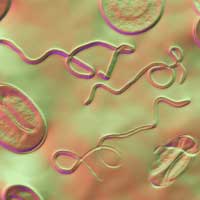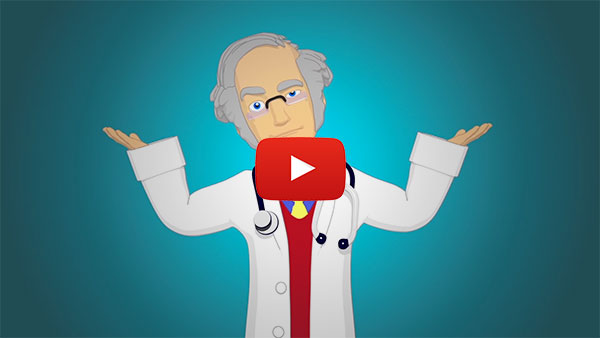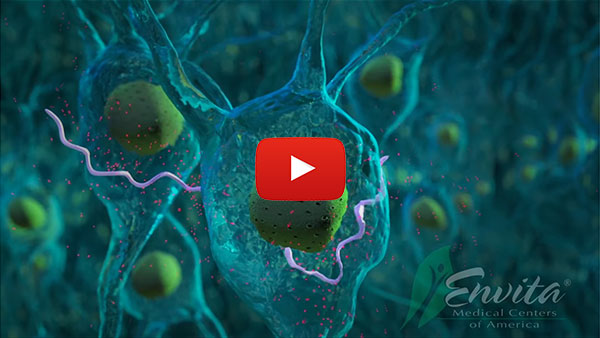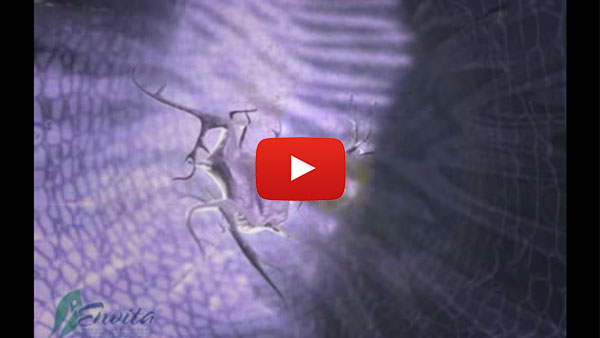The 3 Obstacles to Neurological Lyme Disease Treatment
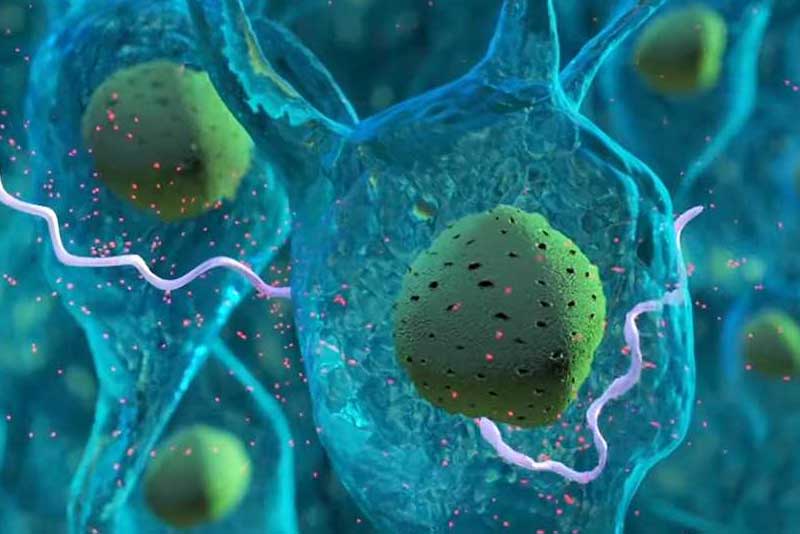
Chronic Lyme disease is often associated with neurological symptoms that are both debilitating and increasingly difficult to treat[1, 2]. At Envita we understand Lyme disease better than anyone and we are familiar with the struggle patients experiencing neurological Lyme symptoms face. There are three major areas of conflict that patients with neurological Lyme symptoms (Lyme neuroborreliosis) battle.
Disclaimer: Individual results will vary. Envita makes no guarantees for outcomes. Each patient case is unique. Please consult your doctor before making any changes to your medical treatment. Not every patient is a candidate for care or achieves these results. Treatments used in this case may not all be FDA approved for the treatment of this condition.
The first is being diagnosed. Diagnosing Lyme disease is already a difficult task for conventional doctors, but when patients are experiencing neurological symptoms, they very often become misdiagnosed. Lyme disease can present itself as many neurological conditions including Acute Transverse Myelitis[3], Ptosis[4], Seizures, and Chronic Fatigue[1] and these symptoms can be often misdiagnosed or deemed psychosomatic. Second is dealing with the symptoms of Lyme neuroborreliosis, these neurological symptoms often leave patients feeling drained and debilitated as they begin losing their quality of life. Over time, patients find themselves unable to do the things they love as they struggle to get ahead of their progressing symptoms. Last is finding proper treatment, understanding the mechanisms of Lyme neuroborreliosis and treating it properly is a monumental task and without years of experience utilizing the latest techniques typically only temporary results are achieved[5].
We at Envita have a unique understanding of this disease and have been treating chronic Lyme disease patients for nearly 25 years; we have developed proprietary techniques and have the experience to treat the neurological symptoms associated with chronic Lyme disease patients, helping to facilitate recovery and the return of quality of life to our patients.
Getting a Correct Diagnosis
Diagnosing Lyme is often a complicated process, most physicians are not adequately qualified to identify Lyme disease and the common tests (Western Blot and Elisa) used to confirm a Lyme diagnosis can report incorrect results 50% of the time [6]. To make matters more complex, Lyme patients with neurological symptoms are often misdiagnosed with neurological diseases like Multiple Sclerosis, Lupus, Parkinson's disease, or even worse, their symptoms are dismissed altogether. The symptoms that they are experiencing are frustrating and maddening, especially when they are being told it's “all in your head.” The struggle to find the right diagnosis is extremely draining for patients who are already facing depression, brain fog, memory loss, tremors, and other crippling symptoms.
At Envita our doctors and staff are highly trained in identifying Lyme disease; our physicians utilize a proprietary PCR diagnosis protocol which allows them to not only accurately diagnose Lyme disease, but be able to monitor the Lyme infection and co-infection levels in the body throughout treatment. While this technology is still in research-and-development and is currently only available at Envita, it is proving to be a vitally important diagnostic tool for our Lyme patients. Correctly diagnosing the disease is always the first step in reaching a solution and at Envita we understand the importance of quickly and accurately diagnosing our patients.
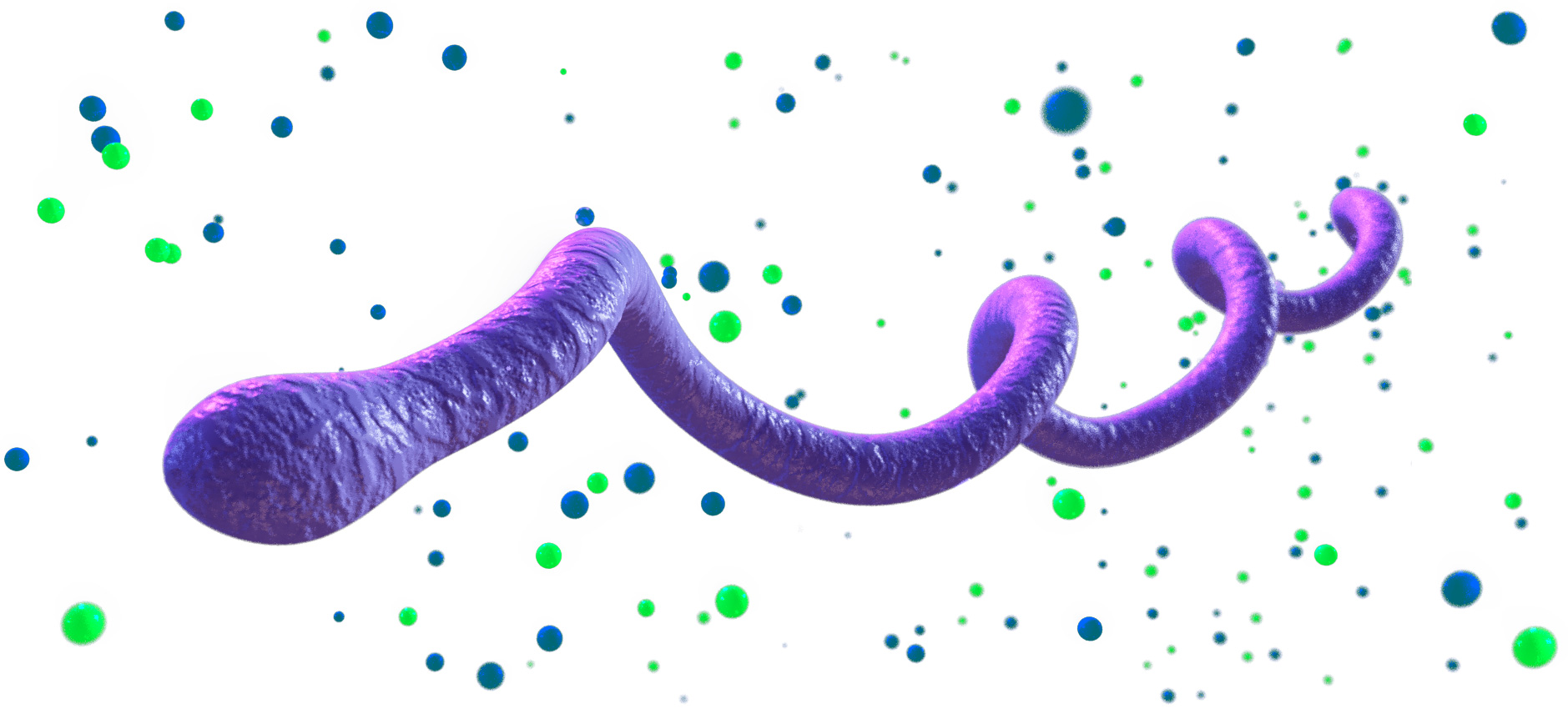
Managing Lyme-Related Symptoms
The symptoms of Lyme neuroborreliosis are severely debilitating as-is, but Lyme also actively suppresses the immune system, enabling other recurrent and underlying chronic infection symptoms to exacerbate in the patient[7]. Oftentimes these patients will find themselves in and out of hospitals for years on end and lost in a string of referrals to neurologists and psychologists which yield no answers or even worse, misdiagnoses and incorrect treatments. The Lyme related neurological symptoms are destructive and life-changing. It becomes a struggle to live your daily life when you are battling this complex disease and at Envita we are experienced and compassionate with the struggles faced. Once Lyme disease progresses to a chronic state and moves into the brain, it is the endotoxins released by borrelia, the Lyme disease bacterium, that are the major cause of the neurological Lyme symptoms[1]. We understand the factors that cause these symptoms and are experienced in treating endotoxins and have developed unique treatment options to address the underlying causes of disease to potentially help our patients recover a long-lasting quality of life.
Administering Effective Lyme Treatments
Conventional medicine views Lyme disease treatment as an easy and straightforward proposition, a dose of antibiotics and you're cured. Though this may work in the earliest stage of the disease, it is when Lyme goes undiagnosed or mistreated and allowed to get to a chronic state when treatment becomes more difficult.
Lyme disease will often be accompanied by co-infections which work in synergy with borrelia to exacerbate symptoms making the disease difficult to treat[7]. Lyme disease also has the unique ability to bypass the body's blood-brain barrier, a barrier which typically prevents foreign invaders from affecting the brain, allowing the disease to enter the nervous system accounting for Lyme's many complex neurological symptoms[8]. Antibiotic treatment protocols alone do not account for this invasion of the body's nervous system through the blood-brain barrier and therefore are not likely to have lasting results. To effectively treat chronic Lyme disease, antibiotics need to also move past the blood-brain barrier [8].
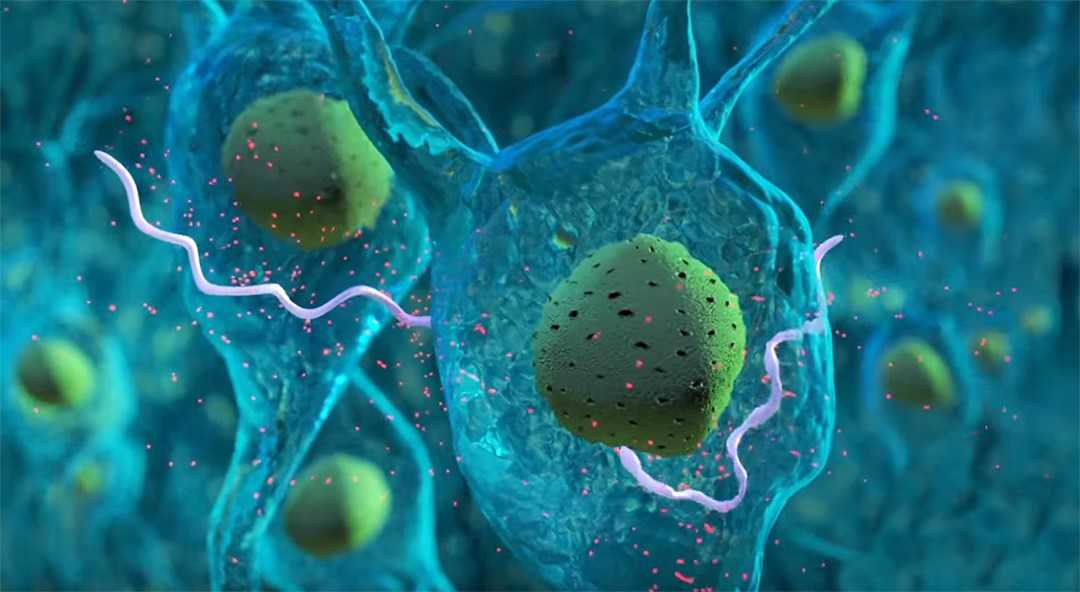
Fortunately, Envita has been treating chronic Lyme disease for nearly two decades and is setting the standard for how Lyme disease should be treated. Envita stands beside patients who have suffered but have not been heard, we understand there is more to this disease than just a simple course of antibiotics. We have seen the need for precision based testing and smarter technology to battle this disease. Out of the need of our patients, have developed unique diagnostic tools and advanced treatment protocols to help our patients outperform. Most importantly, we have developed specialty treatments designed to attack Lyme disease where it causes the most debilitating symptoms, in the brain.
Our success at Envita Medical Centers in treating Lyme disease stems from our ability to help patients overcome these three obstacles. From our years of experience in the field we have been able to forge partnerships with labs around the world, conduct research, establish a compounding pharmacy that develops medications specifically for our patients, and develop treatment methods that allow us to overcome the many challenges presented by chronic Lyme disease.
If you or a loved one is suffering from neurological symptoms associated with Lyme disease please do not hesitate to reach out to us, we are here to help. We have Patient Care Coordinators available to answer questions you may have about Envita's unique approach to neurological Lyme disease. Please call 866-830-4576 and a representative will be happy to assist you. And may God bless you on your journey to healing!













